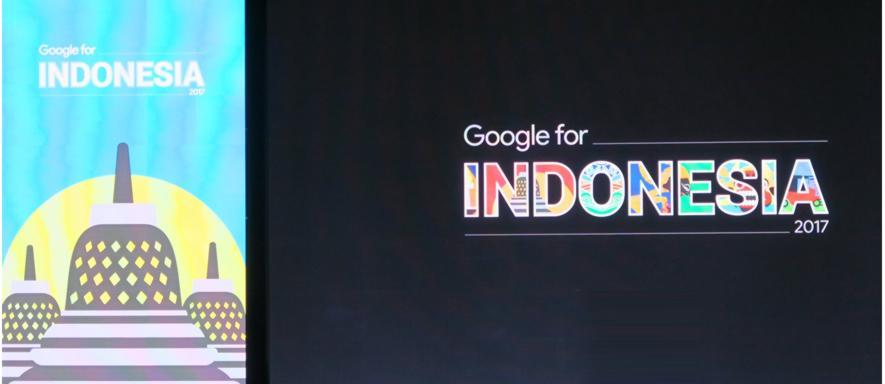US search engine giant Google has formally announced its plans to launch its innovative free public Wi-Fi initiative in Indonesia following the success of the program in India. Google’s Wi-Fi project is entitled Google Station and it has been heralded as a brilliant success in India, since debuting in the region eighteen months ago.
Google Station offers free connectivity at railway stations, universities and a range of different public spaces that are regularly frequented with people, and provides them with the opportunity to get access online for free with a high-quality internet connection. It has won huge praise since its adoption in India for its ability to provide internet access to those who might otherwise be unable to afford it.
While it is spearheaded and managed by Google, the US tech colossus relies on its collaboration with a range of partners that include ISPs, venue owners and system integrators on the innovative project. The partnership it has established with ISPs and device makers has ensured Google has access to support and optimization on networks and phones which in turn helps reduce the cost of the project.
Google’s free Wi-Fi project commenced in India in January 2016, with Google Station going ‘live’ in Mumbai Central Station, and it has since expanded beyond the public transportation sector to shopping malls, bus stops and cafes. Google has disclosed that it now serves over 150 stations in India, and has claimed it has enabled ‘millions’ of people to go online every day. It now hopes to replicate the success of the initiative in Indonesia.
One interesting aspect of the research from Google Station in India is its claim that 15,000 people in India go online for the very first time using the public Wi-Fi service every day. Its strategic plan for Indonesia is to initially target hundreds of venues across Java and Bali over the first twelve months, and Google also announced that it has agreed collaborations with ISPs CBN and Fiber-Star to help kick-start the program.
Indonesia has increasingly become the focus for more and more tech companies that have identified the internet as a potential game-changer for the country’s 260M population, which is the world’s fourth highest. E-commerce, taxis on-demand and digitalization has the potential to transform lives and society as a whole, especially in an underdeveloped and underserved region like Indonesia, but the critical component required is high-quality internet access.
Research conducted by Google projects that Southeast Asia’s internet economy will grow exponentially to $197 billion by 2025, with Indonesia expected to represent around half of the estimated amount of the market value.





